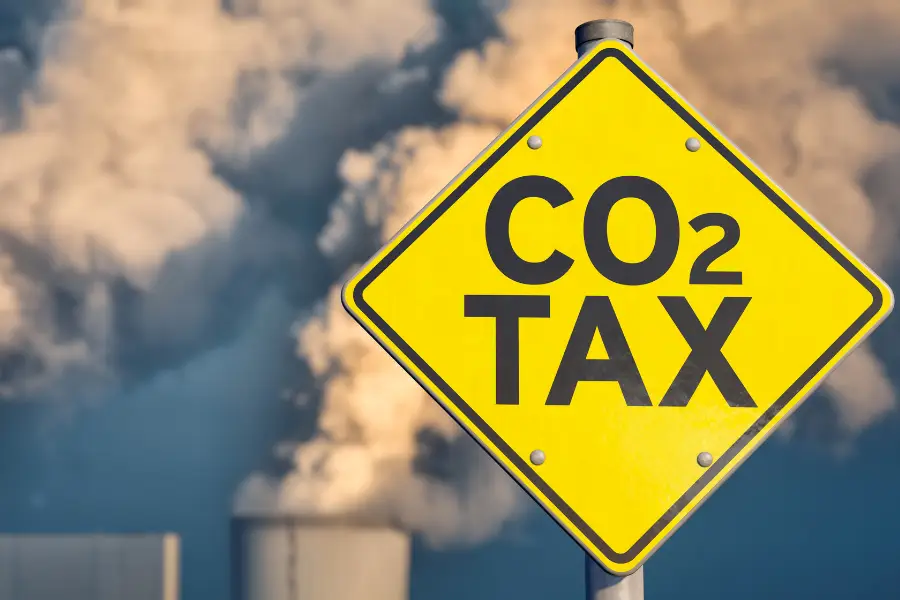Exports to UK carry tariff risk as carbon tax left out of FTA

Carbon Taxes Take Center Stage in Trade
The European Union introduced CBAM to level the playing field for industries that pay for emissions under its Emissions Trading Scheme. This mechanism places a carbon cost on imports of energy-intensive goods, such as steel, cement, and fertilisers.
The UK, though it operates its own Emissions Trading Scheme, has not yet secured an exemption from the EU’s CBAM. As a result, UK exporters could end up paying carbon tariffs, even though the UK-EU trade deal eliminates conventional tariffs.
Trade Agreements Miss the Mark
Most UK trade agreements include broad references to environmental cooperation. However, they lack detailed provisions to align or mutually recognise carbon pricing systems. This oversight leaves UK businesses vulnerable as more countries prepare to implement carbon-related import charges.
Fiona Thompson, a trade policy expert at GreenAxis, highlighted the issue: “The UK signed several free trade agreements quickly, but it overlooked carbon pricing alignment. That gap now threatens our low-carbon industries.”
Pressure Mounts on the Government
Business groups and environmental policy experts have urged the UK government to take action. One proposed solution involves creating a domestic carbon border adjustment similar to the EU’s. This move could support UK producers and open the door for exemptions through mutual recognition agreements.
So far, the Department for Business and Trade has said it continues to monitor global developments in carbon pricing. But companies argue that the government must act fast, especially as the EU’s CBAM enters its next phase and starts collecting financial charges by 2026.
Industry Sounds the Alarm
Industries such as steel, aluminium, and chemicals — all with high emissions footprints — have raised concerns. Michael Evans, CEO of a steel firm based in Wales, said, “We’re investing heavily in decarbonisation, but this carbon tariff could kill our access to the EU market if the government doesn’t step in.”
Small and medium-sized exporters also face challenges. Unlike large corporations, many SMEs lack the staff and expertise to manage the detailed emissions reporting required under foreign carbon regimes.
What’s at Stake?
Carbon pricing is quickly becoming a key factor in international trade. As countries race to meet net-zero goals, governments are embedding climate policy into their trade rules. Experts now say the UK must revise its existing trade deals and ensure that new agreements — such as those with India and the Gulf states — contain clear and enforceable carbon alignment clauses.
If the UK delays, it risks leaving its exporters exposed to rising carbon tariffs and losing ground to global competitors who align their climate policies with trading partners.






